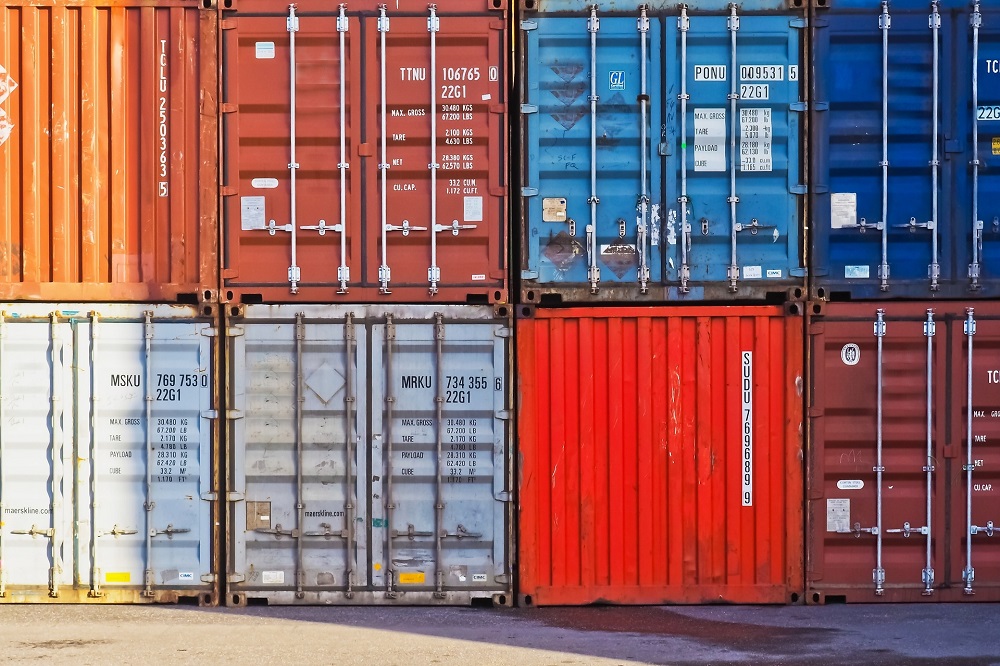India’s decision to slow down imports from China while exiting the Regional Comprehensive Economic Partnership (RCEP) has left many Chinese exporters worried.
Data revealed that China's exports to India at $59.05 billion in the January to November period of 2020, marked a fall of 13 per cent compared with the corresponding period in the previous year. At the same time India's exports to China saw a 16 per cent jump.
The Chinese state news media Global Times noted that “if the Modi government continues its push to oust Chinese products and Chinese apps, it would do no good for any party – not the Chinese exporters, nor the Indian economy.” An analyst noted that this is a rare acknowledgement from the Chinese side. “It is obvious that China will put the blame on India but for the news organisation to say that Chinese exporters too have been hurt, goes on to show the level of anxiety,” the analyst said.
The newspaper also said that while the relationship between the two countries was at crossroads, “with no sign of major improvement in the near term” it did not “represent a turning point in China-India trade relations from a long-term perspective, and there is still a lot of potential for bilateral trade.”
“For China, Indian market is important and many of the country’s exporters – small and large—have benefitted. Lowering of Chinese imports will naturally hurt many small-scale manufacturers in that country. Also, the decision not to join RCEP would have impacted and there will be back-door and indirect efforts on to convince India to
join the trade deal soon,” the analyst who did not wish to be identified told IndiaNarrative.com.
Sources said that while direct imports from China slowed down, the dragon could be actively using not just other countries such as Malaysia and Thailand but also Hong Kong to supply its goods into India.
India’s decision to reduce Chinese imports comes amid an already on-going trade war between China and the US, which has had a massive bearing on the country’s economy.
Now as President elect Joe Biden is set to take charge of the White House on January 20, China is hoping that the trade war will ease allowing Chinese exports to flow into the US more easily. China has been desperately looking to ink mega trade deals with various blocks.
On December 30, China’s the EU and China concluded the in-principle negotiations paving the way for a Comprehensive Agreement on Investment. President Xi Jinping personally intervened and held a video conference with the EU to ensure that the deal went though.
“The deal was sufficiently important for Xi to intervene personally. Clearly, he considered this a strategic issue and sensed that the deal needed to be struck within the window of opportunity before the end of the German presidency of the EU Council and during the lull between the Trump and the Biden administrations in the US,” the Diplomat wrote.




















